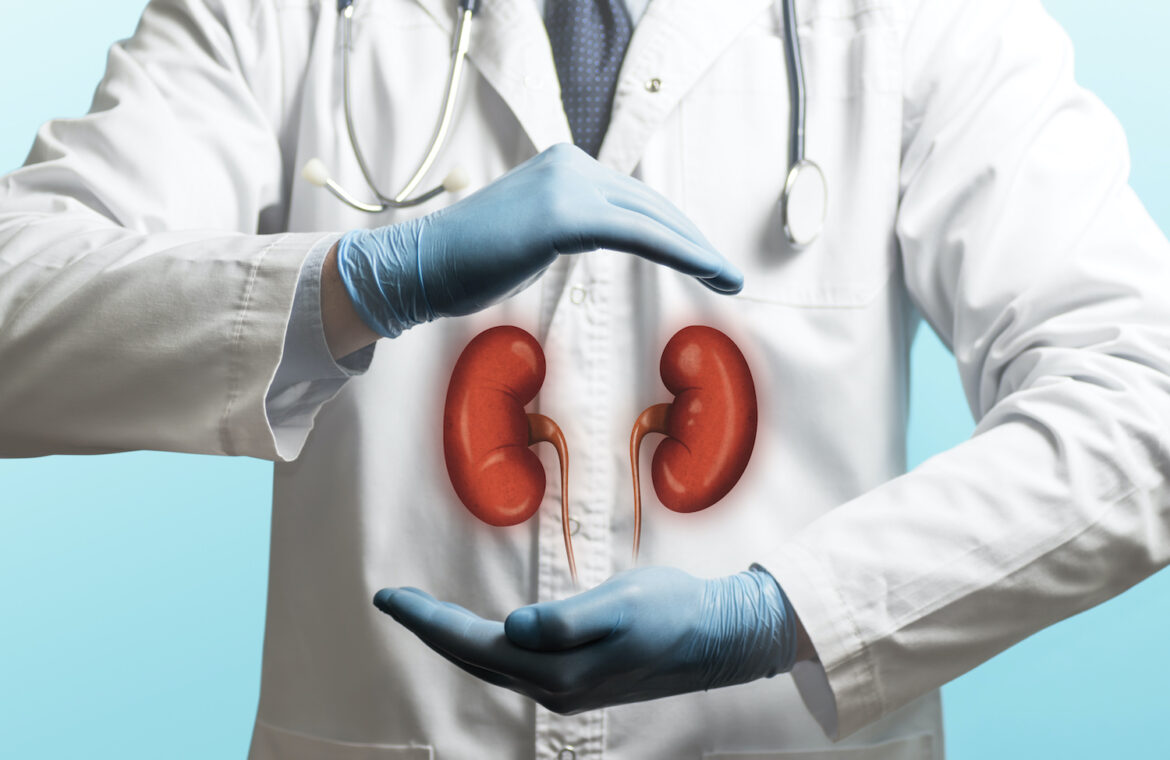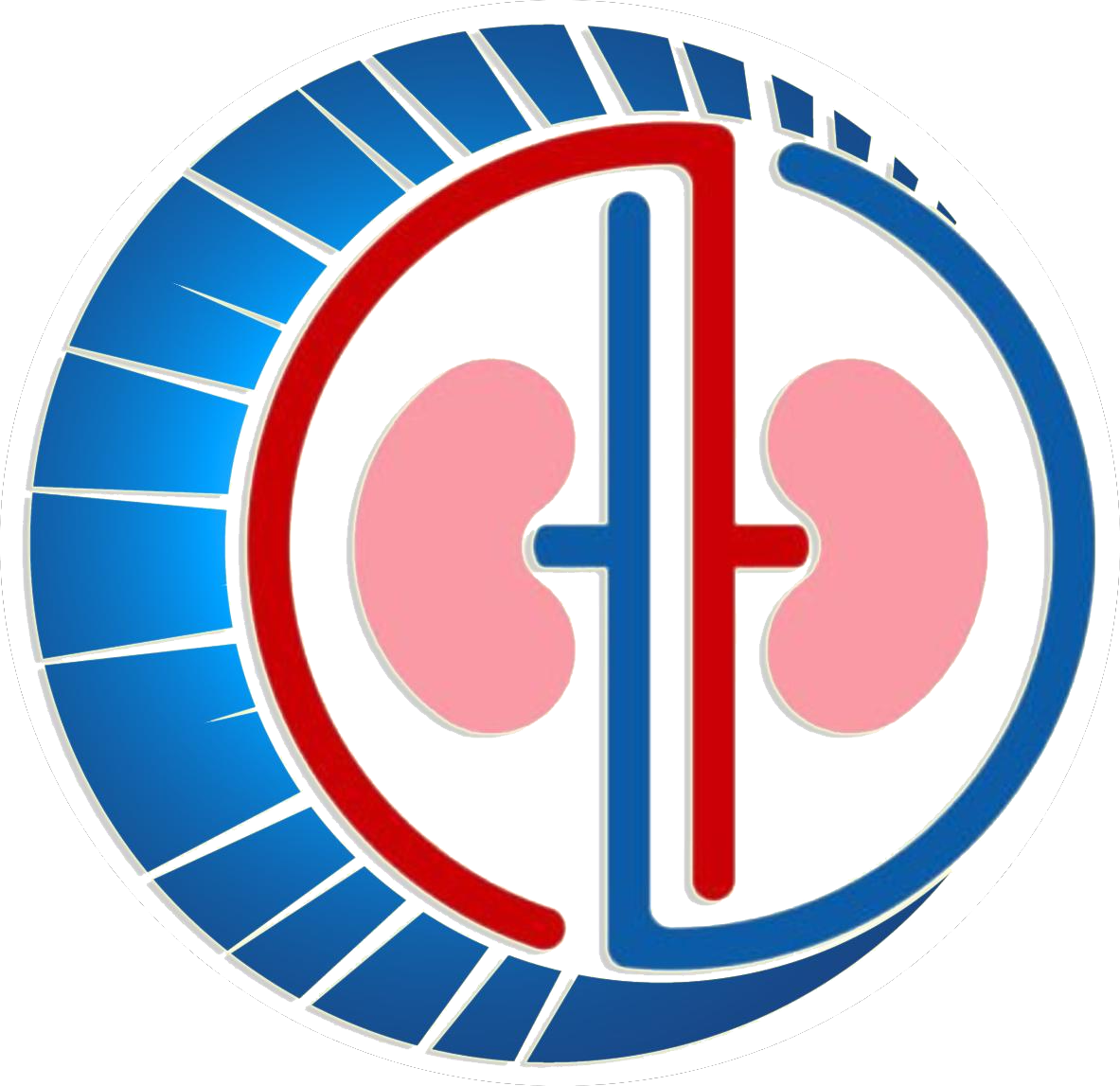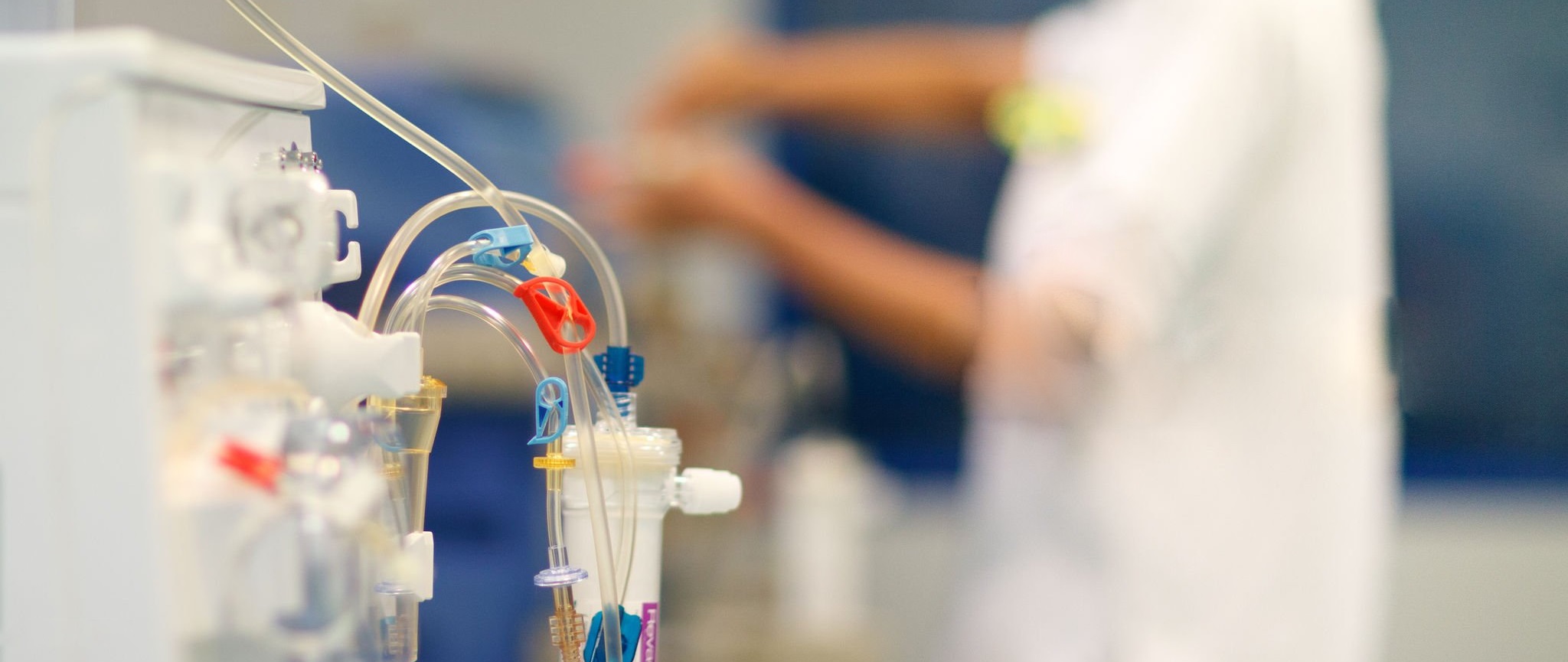Your Health Is Our Focus
-: services we provide :-
-: DEPARTMENTS :-
Nephrology
Nephrology Department in Daruk Dialysis Center provides its medical services for patients suffering from medical renal troubles, and nephrology/kidney disease like renal failure, kidney dysfunction impairment, Renal Tubular dysfunction, renal hypertension etc.
Nephrology department runs under close supervision of highly qualified expert Nephrology consultants
We offer both inpatient and OPD care to all nephrology patients round the clock.

hemodialysis
At Daruk Dialysis Center, we understand the challenges faced by individuals living with kidney disease. We are committed to providing comprehensive and advanced care for dialysis patients and efficiently meeting all necessary treatment needs with effectiveness. .
Daruk Dialysis Center's dedicated team of nephrologists, dialysis nurses, and support staff are here to guide you every step of the way. We offer a personalized approach to your care, understanding that each patient has unique needs and preferences..

OPD/IPD (Day Care)
OPD/IPD department runs under close supervision of highly qualified expert Doctors, nurses, and support staff.
Here to guide you every step of the way. We offer a personalized approach to your care, understanding that each patient has unique needs and preferences..

Pharmacy/Pathology
At the Pathology Department, we are dedicated to advancing healthcare through accurate diagnoses, innovative research, and compassionate patient care. Our mission is to provide comprehensive and timely pathology services that enhance patient outcomes and support clinical decision-making.
We are dedicated to providing to a wide range of pharmaceutical products, medical supplies, and health-related services. Our commitment to quality and customer care ensures that you find everything you need to support your health and wellbeing.

Information you need
Dialysis is a type of treatment that helps your body remove extra fluid and waste products from your blood when the kidneys are not able to. Dialysis was first used successfully in the 1940's and became a standard treatment for kidney failure starting in the 1970s. Since then, millions of patients have been helped by these treatments.
Dialysis can be done in a hospital, a dialysis center, or at home. You and your doctor will decide which type of dialysis and which place is best, based on your medical condition and your wishes.
Signs and symptoms of chronic kidney disease develop over time if kidney damage progresses slowly. Loss of kidney function can cause a buildup of fluid or body waste or electrolyte problems. Depending on how severe it is, loss of kidney function can cause:
Nausea
Vomiting
Loss of appetite
Fatigue and weakness
Sleep problems
Urinating more or less
Decreased mental sharpness
Muscle cramps
Swelling of feet and ankles
Dry, itchy skin
High blood pressure (hypertension) that's difficult to control
Shortness of breath, if fluid builds up in the lungs
Chest pain, if fluid builds up around the lining of the heart
Signs and symptoms of kidney disease are often nonspecific. This means they can also be caused by other illnesses. Because your kidneys are able to make up for lost function, you might not develop signs and symptoms until irreversible damage has occurred.
Dialysis is helpful for two different situations:
Acute kidney injury (AKI): a sudden episode of kidney failure or kidney damage that happens within a few hours or days. AKI is usually treated in a hospital setting with intravenous fluids (given through the vein). In severe cases, dialysis may also be needed for a short time until the kidneys get better.
Kidney failure: when 10-15% of your kidney function remains, measured by an estimated glomerular filtration rate (eGFR) of less than 15 mL/min. At this stage, your kidneys are no longer able to keep you alive without some extra help. This is also known as end-stage kidney disease (ESKD). With kidney failure, dialysis is only able to do some of the work of healthy kidneys, but it is not a cure for kidney disease.
Make an appointment with your doctor if you have signs or symptoms of kidney disease. Early detection might help prevent kidney disease from progressing to kidney failure.
If you have a medical condition that increases your risk of kidney disease, your doctor may monitor your blood pressure and kidney function with urine and blood tests during office visits. Ask your doctor whether these tests are necessary for you.
In hemodialysis, a dialyzer (filtering machine) is used to remove waste and extra fluid from your blood, and then return the filtered blood into your body. Before starting hemodialysis, a minor surgery is needed to create a vascular access site (opening into one of your blood vessels), usually in your arm. This access site is important to have an easy way to get blood from your body, through the dialyzer, and back into your body. Hemodialysis can be done at a dialysis center or at home. Treatments usually last about four hours and are done three times per week. Some people may need more time for treatments based on their specific needs.

